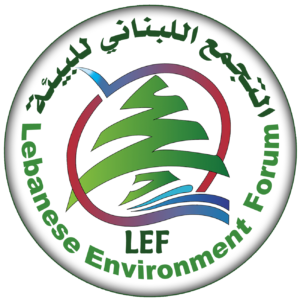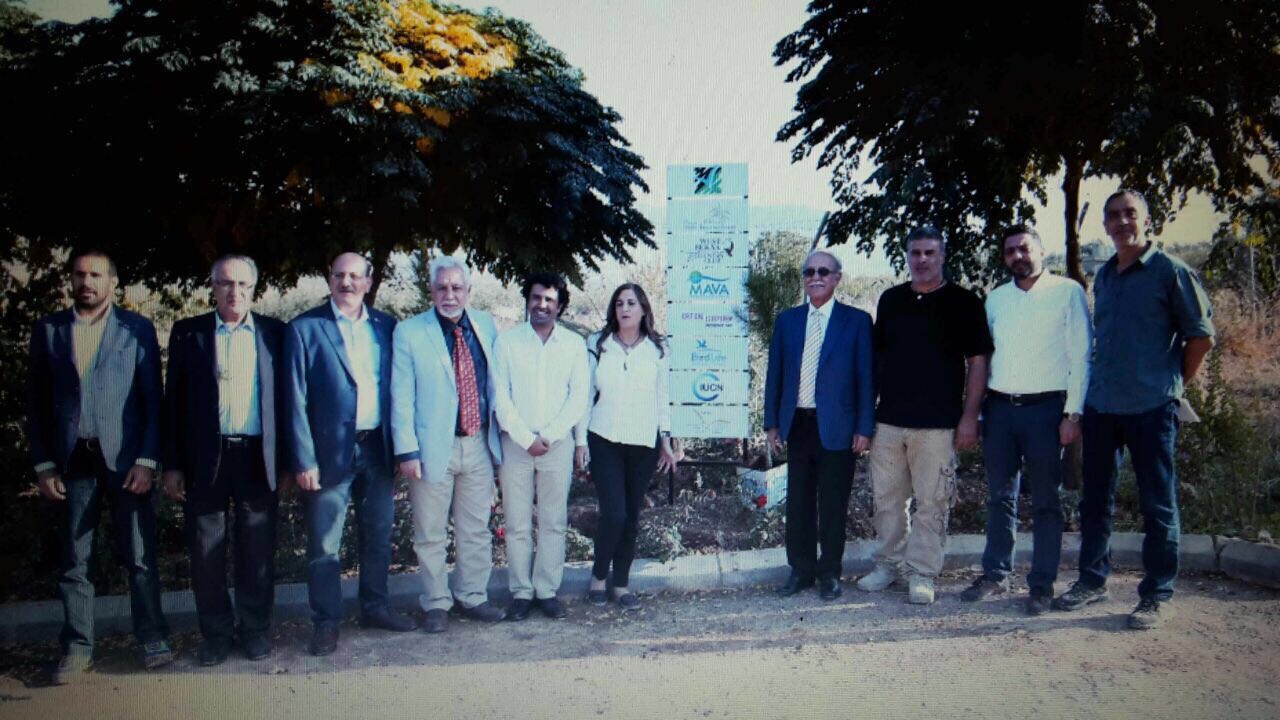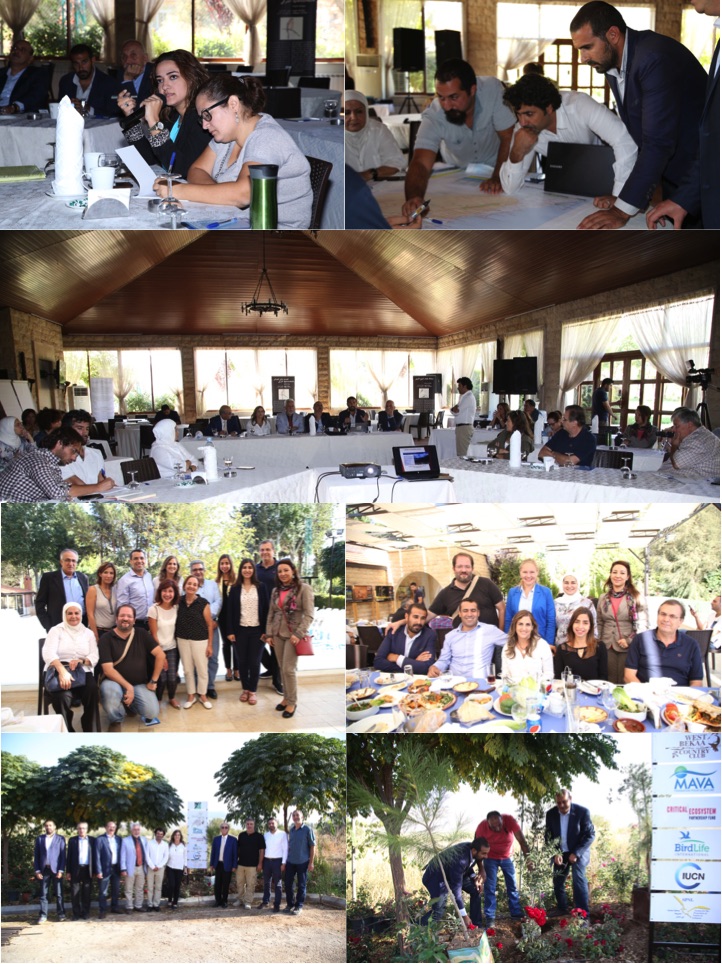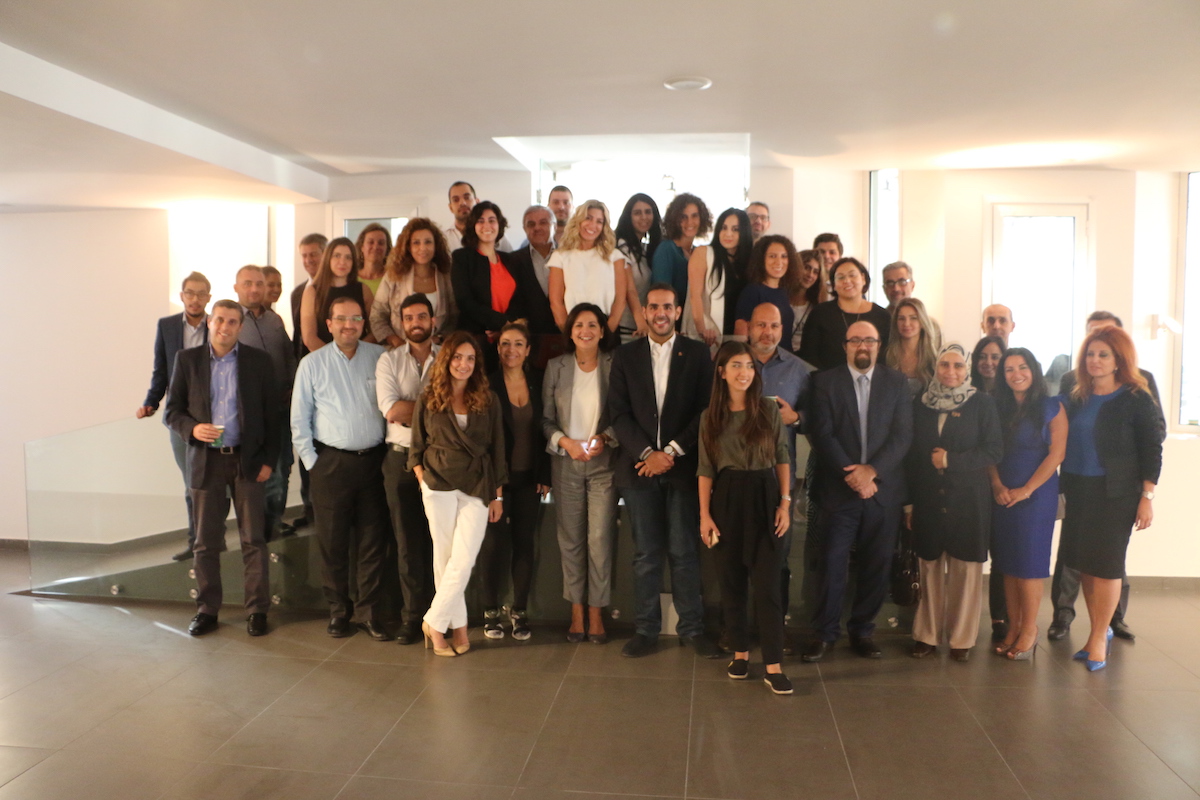The Mediterranean Basin biodiversity hotspot, Lebanon being one of its major components, is the second largest hotspot in the world and the largest of the world’s five Mediterranean-climate regions.
Critical Ecosystem Partnership Fund’s (CEPF) niche is to work with all actors engaged in conservation and development activities in Mediterranean Basin countries to foster partnerships in priority corridors and sites. Such partnerships will seek to reduce impacts of these developments on natural resources and systems that communities are dependent on.
The CEPF investment in the Mediterranean Basin Hotspot began in 2010, where a process of creating an Ecosystem Profile of the region was undertaken. Since 2012 CEPF has been granting funds to civil society organizations in the Mediterranean Basin, following the investment strategy set out in the Ecosystem Profile. The BirdLife Partnership lead on the preparation of the Ecosystem Profile, and with the support of CEPF has been running the Regional Implementation Team for the Mediterranean, which has led grant making in the region and safeguarding globally threatened species and critical sites in the Mediterranean Basin.
Presently, the CEPF is developing a new Investment Strategy for the Mediterranean region, where a new funding round for the coming 5 years for the region is expected to start in mid-2017. Thereby, the process of updating the Ecosystem Profile and taking on board new data and socio-economic changes to the region is currently taking place, and consisting of extensive consultation of stakeholders involved in biodiversity conservation in the region.
On October 18 2016, was Lebanon’s turn in this series of consultation, where successful National Consultation Workshop for the Ecosystem Profile update for Lebanon, was conducted at The West Bekaa Country Club (WBCC). The workshop was held under the patronage of the Ministry of Environment (MoE) in Lebanon, and organized by The Society for the Protection of Nature in Lebanon (SPNL) in collaboration with BirdLife International and IUCN.
The workshop consisted of the Lebanese key stakeholders, namely representatives of the civil society, universities and academic institutions, private sector, Governmental Departments, specialized experts, as well as, major donors and international institutions. The consultation provided the stakeholders with a forum to discuss and agree on priority conservation areas, through compiling new data on species, and/or validate Key Biodiversity Areas (KBAs) as well as reassessing and validating threats.
The outcome of these national consultations shall be presented at the regional validation meeting, occurring on the 25th and 26th of November, 2016 in Tangier, Morocco. Based on which the CEPF’s strategy for investment would be finalized. The process for grant funding is expected to start by March-April 2017.
Towards the end of the day, the working groups of national consultants were invited to plant trees in the name of the local and international institutes organizing this workshop, including the WBCC, whom in turn is the national partner of Homat Al Hima (HH) International.




